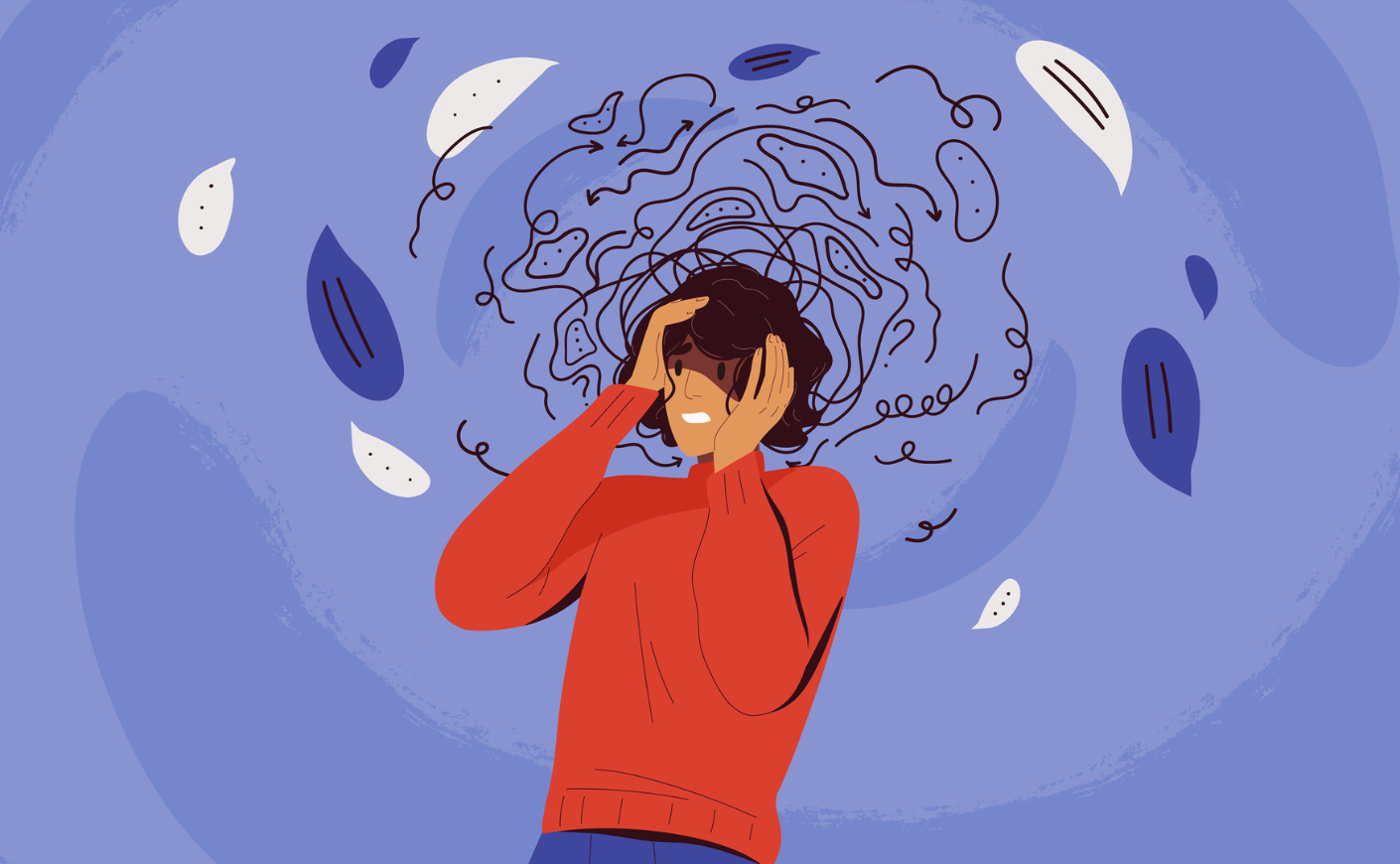At the end of January, I trudged through the lobby of our apartment building, my hands filled with multiple bags and the dirty orange leash attached to our 12-pound terrier, Patty. She was pulling, as she often does, and I was stumbling behind her. It was only 9:45 am and it had already been a long day, on top of a long few weeks since the beginning of 2025. There was a heaviness in the new year, inundated as we’ve been with chaotic change, natural disasters, and pervasive negativity. The combined effect added weight to the burdens I carried.
My very helpful doorman offered to take my bags. As we walked to the elevator, he quietly asked if I had heard the news about Theo, one of my favorite porters in our large building. Theo spoke with a gentle southern drawl and was an animal lover. He always playfully asked me about Patty. “How’s Miss Patty doing? I haven’t seen her for a while, I miss her! You tell her I was asking for her.” And when Theo happened to encounter Patty herself in the lobby, he greeted her with belly rubs and loving words of praise while her stubby tail wagged furiously. I often joked that he loved my dog more than I do.
The doorman explained that a few days prior, Theo had been out walking his own beloved dog when he collapsed on the street. By the time a neighbor found him, he had been unconscious for a while. He was transported to the ICU, but he didn’t survive. Stunned, I felt tears welling up. I only knew Theo from our brief interactions about my pet. I didn’t even know his last name. And yet the injustice of his passing hit me as the elevator rose to my apartment and I let the tears fall. A kind, hard-working man, beloved by his family, his co-workers, and the community in our building, was taken while simply walking his dog. Meanwhile,cruel, heartless, and dangerous people still walk the Earth unencumbered. This sadness and despair was the final drop that made the cup of emotion run over.
The world feels chaotic right now, the problems outsized and intractable. The evening news is filled with disasters — both man-made and natural — and optimism seems out of reach. Whatever your politics or beliefs, we can all agree that there are vulnerable people who need help all over the world (and plenty of them right here at home), and we feel powerless to reach them.
Where to begin? How can I, one person in the midst of this chaos, make any real impact? When I’m feeling this way, I always come back to the words of the late, great tennis legend and humanitarian Arthur Ashe: "Start where you are, use what you have, do what you can."
When it all seems overwhelming — too many problems, too many people in need — start small. Lift your eyes from the doomscrolling, see the one person in your circle who needs you, and do something.
Worried about an isolated, elderly neighbor who you haven’t seen during these cold winter days? Reach out and offer to pick up groceries, prepared meals, or prescriptions. Do you know a young person graduating this year and facing a difficult job market? Offer to review their resume or make networking connections. Dealing with a scary diagnosis in your own family? Set up a meal train to allow friends and community members to offer comfort, easing your own burden as you give others the gift of being able to help.
Heartbroken about the devastation of a natural disaster like the Los Angeles wildfires? Find the GoFundMe of one specific family or business (rather than huge fundraising platforms where the recipients are unknown) and make a donation. Do you knit or crochet? Put your hands to work and make blankets or hats for hospitalized children. Haven’t heard from an old friend in a while? Reach out, and then reach out again. Invite them for a cup of coffee, or to hop on a Zoom call. Human connection is the antidote to loneliness and despair. As the author Alain de Botton said, “The difference between hope and despair is a different way of telling stories from the same facts.”
Try finding your own way to tell a new story. Small, intentional acts of kindness (because there is nothing random about kindness) won’t solve all of our problems, but they can change the trajectory of another person’s day, and perhaps their life. The secret magic, of course, is that helping another person makes us feel better in the process. The “helper’s high” is real, and we could all use a dose of it right now.
Theo knew that secret, and I’ll be learning from him and honoring his memory as I try to emulate his attitude. I’ll try to greet each person with a smile, a warm touch, a genuine word of thoughtful concern. I’ll make others feel seen, appreciated, and loved, just for being themselves. Maybe over time, as I move through the days and weeks ahead, the negative emotions in my cup will be replaced — with gratitude, resolve, and hope.
Natalie Silverstein, MPH, is a writer, speaker, nonprofit founder, and passionate advocate for family and youth service. She is the author of two books on volunteering, Simple Acts: The Busy Family’s Guide to Giving Back and Simple Acts: The Busy Teen’s Guide to Making a Difference, and the host of the award-winning podcast, Simple Acts, Big Impact: Celebrating Teen Changemakers. Follow her on Instagram and Facebook at @simpleactsguide.









